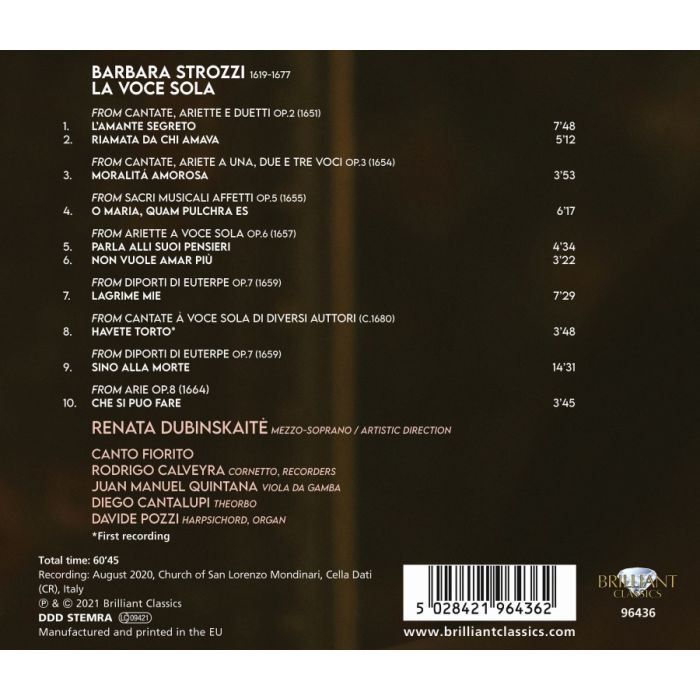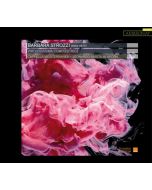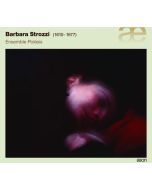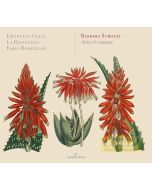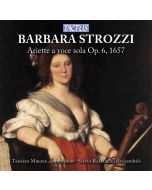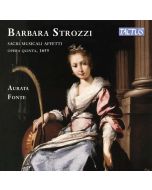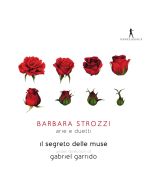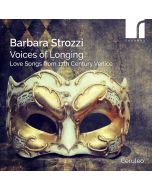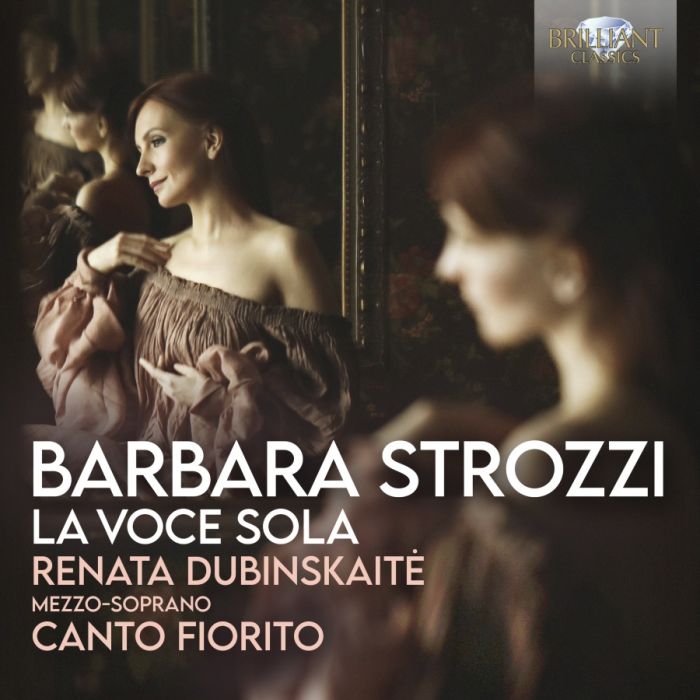
(Produkt nie został jeszcze oceniony)
kompozytor
Strozzi, Barbara
tytuł
Strozzi: La Voce Sola
wykonawcy
Canto Fiorito, Dubinskaitė, Renata
nr katalogowy
96436
opis
This album is a homage to the Baroque singer and composer Barbara Strozzi (1619–1677), one of the greatest Italian composers of the seventeenth century, and one of the first women to write music. She was born in Venice, the illegitimate daughter of Giulio Strozzi, who came from a powerful noble family, and his servant Isabella Griega. She was among the most prolific composers of secular chamber music at that time, established herself firmly in the history of music with her eight published collections of works, and contributed to the creation of a new genre, the cantata. Strozzi was a woman with a unique life story. She had to fight more than most for the right to compose music, could not hope to gain an official post as a composer because of her gender, and had to go against many social norms in order to become an independent artist in a male-dominated society.
• Strozzi: Moralita Amorosa aus "Cantate, Ariete A Una, Due E Tre Voci" op. 3
• Strozzi: O Maria, Quam Pulchra Es aus "Sacri Musicali Affetti" op. 5
• Strozzi: Parla Alli Suoi Pensieri & Non Vuole Amar Piu aus "Ariette A Voce Sola" op. 6
• Strozzi: Lagrime Me & Sino Alla Morte aus "Diporti Di Euterpe" op. 7
• Strozzi: Havete Torto aus "Cantate A Voce Sola Di Diversi Auttori" (ca. 1680); Che Si Puo Fare aus "Arie" op. 8
The word sola in the title of the CD means ‘single’, ‘only’ or ‘alone’. It points to the fact that most of Strozzi’s works are written for solo voice, usually her own, which makes her music especially intimate and personal. The works presented on this new recording consist of secular cantatas, arias and sacred motets.
After obtaining a PhD in art history and theory, Renata Dubinskaitė turned to music, and graduated from the Lithuanian Academy of Music and Theatre in opera singing in 2015. Under teachers such as María Cristina Kiehr, Barbara Bonney, Paul Eswood and others, Dubinskaitė specialises in the Baroque repertoire and other early music.
The excellent liner notes in the booklet are written by the artist. Sung texts and translations are included.
Works:
• Strozzi: L'Amante Segreto & Riamata Da Chi Amava aus "Cantate, Ariette e Duetti" op. 2
• Strozzi: Moralita Amorosa aus "Cantate, Ariete A Una, Due E Tre Voci" op. 3
• Strozzi: O Maria, Quam Pulchra Es aus "Sacri Musicali Affetti" op. 5
• Strozzi: Parla Alli Suoi Pensieri & Non Vuole Amar Piu aus "Ariette A Voce Sola" op. 6
• Strozzi: Lagrime Me & Sino Alla Morte aus "Diporti Di Euterpe" op. 7
• Strozzi: Havete Torto aus "Cantate A Voce Sola Di Diversi Auttori" (ca. 1680); Che Si Puo Fare aus "Arie" op. 8
nośnik
CD x 1
wydawca
Brilliant Classics
data wydania
2.09.2021
EAN / kod kreskowy
5028421964362
68,00 zł
Produkt dostepny w niewielkiej ilości.
Wysyłka w ciągu 3 dni roboczych
Darmowa wysyłka dla zamówień powyżej 300 zł!
Darmowy kurier dla zamówień powyżej 500 zł!
sprawdź koszty wysyłki